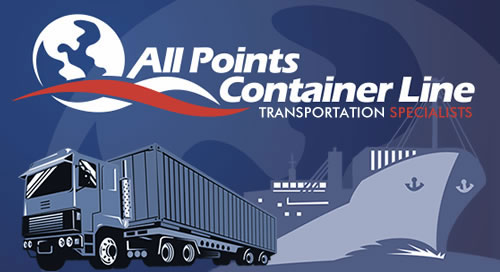The environment and sustainability are on everyone’s minds when it comes to the logistics industry. The goal is to develop a freight roadmap that delivers the stepping stones to achieve a net-zero carbon future. The vision to decarbonize will need both a national and international response to bring it to fruition.
Using Evidence-Based Methods
It’s essential for the logistics industry to use science and evidence-based methods to decarbonize. Most high-ranking members and those in charge all agree, they must act now to combat climate change and how it affects the industry. And they must act now.
Carbon Neutral Fuels
The quickest way to make a jump on decarbonization is to switch to carbon-neutral fuels in as many shipping modalities as possible. In addition, all supply chains must make a commitment to eliminate the use of fossil fuels immediately. Most privately-owned companies are setting 10-20 year goals to wean themselves off of fossil fuels entirely. As long as these goals are achieved, the entire industry will be well on their way to decarbonize.
Research and Development
To make all these major changes possible, the industry must be relying on fact-based evidence that is constantly evolving. This requires an almost constant conversation and communication to keep everyone on the same page. However, in an industry that relies on contact for smooth execution of their livelihood, this isn’t proving as challenging as one would think.
Vehicle Efficiency
Besides breaking the reliance to fossil fuels, the use of efficient vehicles must be a major goal to decarbonize. This means all companies using trucks and vehicles to move freight must have a plan to switch or modify their vehicles over the next five years. Most heavy-hitting companies in the industry have been on top of this mission since 2015.
The vision to decarbonize freight and logistics could be brought to life in the next 15-20 years if everyone does their part.

